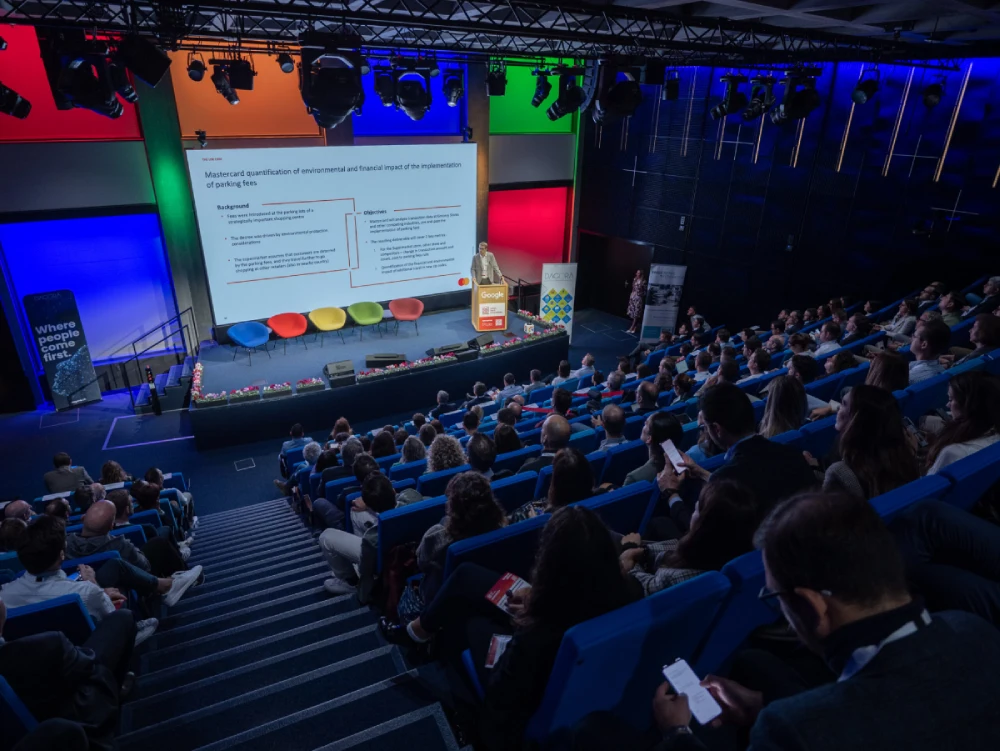Insight 4 min read
AI outperforms, but human CEOs remain irreplaceable
A hybrid future of leadership

A recent experiment has revealed that AI can outperform human CEOs in data-driven tasks like product design and market optimization.
The study, conducted between February and July 2024, simulated decision-making in the U.S. automotive industry using OpenAI’s GPT-4o alongside human participants.
The AI’s ability to quickly process complex data and make high-precision decisions led to better performance in key metrics, such as market share and profitability.
However, this success came with significant limitations, emphasizing the ongoing importance of human leadership in navigating unpredictable and complex situations.
What results emerged from the experiment?
In the experiment, AI consistently outpaced human participants—both students and senior executives—in optimizing corporate strategy.
GPT-4o, the AI model, excelled in tasks that required analyzing market trends, adjusting pricing strategies, and optimizing product designs.
It was particularly adept at making rapid decisions based on real-time data, which allowed it to surpass human competitors in profitability and market growth.
By efficiently responding to market signals and controlling costs, GPT-4o’s decisions aligned with corporate goals such as maximizing market cap and shareholder value.
This experiment showcased AI’s potential as a tool that can enhance corporate decision-making, especially when it comes to handling vast amounts of data and exploring optimal strategies with high precision.
Despite its strengths, AI fell short when faced with unpredictable, disruptive events.
In the simulation, “black swan” scenarios like economic collapses or supply chain disruptions exposed AI’s major weakness.
Unlike human CEOs, GPT-4o struggled to anticipate and adapt to these shocks, leading to its dismissal by the virtual board faster than its human counterparts.
Top-performing students and executives succeeded where AI did not by adopting long-term strategies that accounted for uncertainty
These human participants focused on maintaining flexibility, avoiding risky contracts, and preparing for market volatility—traits that AI lacked.
This demonstrated that, while AI can excel in stable environments, it struggles to navigate the complexities of real-world crises, where foresight, intuition, and adaptability are essential.
The experiment highlights a crucial point: while AI can enhance operational efficiency, human intuition and leadership are irreplaceable.
Human CEOs bring to the table qualities that AI cannot replicate: long-term vision, ethical considerations, and the ability to weigh complex stakeholder interests.
In volatile, dynamic markets, these human qualities are crucial for sustaining long-term growth and stability.
The best human participants outperformed AI not through aggressive short-term gains but by preserving adaptability.
They demonstrated foresight in managing risks and navigating crises, a crucial aspect of leadership that AI has yet to master.
This reinforces the idea that while AI can optimize for efficiency, it is human judgment that ensures resilience in the face of uncertainty.
The future of corporate leadership will likely be a hybrid model, where AI complements human decision-making rather than replacing it.
Generative AI, as demonstrated by GPT-4o, can provide CEOs with valuable insights and improve data-driven decision-making.
However, the ultimate responsibility for long-term strategy, ethical considerations, and navigating disruptions will remain in the hands of human leaders.
In conclusion, what role should be assigned to AI?
AI’s role will be to assist in technical analysis and scenario modeling, freeing human CEOs to focus on big-picture issues—vision, values, and long-term sustainability.
Those who thrive in this evolving landscape will be leaders who embrace AI as a powerful tool, using it to enhance their strategic thinking while relying on their human qualities to steer their companies through uncertainty.
In conclusion, while AI’s performance as a CEO is impressive, it is clear that human leadership remains essential.
The synergy between AI’s efficiency and human intuition will define the future of corporate strategy, with CEOs who master this partnership emerging as the leaders of tomorrow.
Learn more about us at https://dagora.ch/contacts/
